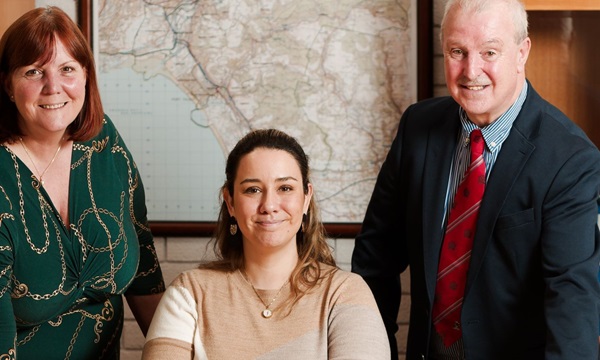The approval of the full business case for the Celtic Freeport will be a pivotal moment for Wales.
It will enable world-scale investors to view Port Talbot and the Port of Milford Haven not merely as separate entities but as a cohesive industrial cluster.
This integration of two ports under the Celtic Freeport umbrella will maximise the economic potential of the Celtic Sea's resources by establishing Wales as both a manufacturing powerhouse and a servicing hub for the offshore wind industry.
Port Talbot is set to become the manufacturing heart of the Celtic Freeport, tasked with building the massive platforms that will harness the turbines and, ultimately, the wind's power out at sea.
The Port of Milford Haven will focus on the operational aspects, providing maintenance and ongoing development services for these turbines. This dual functionality will be unique in the UK, presenting an unparalleled opportunity for comprehensive industrial synergy and a strategic industrial collaboration opportunity that will open up enormous economic opportunities.
To grasp the full economic potential, Wales must learn from the logistical and economic inefficiencies seen in projects off the northeast coast of Scotland. There, critical manufacturing phases occurred in Portugal, with further assembly in Rotterdam before the turbines reached their final North Sea destination. This not only increased costs and complexity but also diluted the economic benefits that could have accrued locally from such large-scale projects.
The primary challenge now is to develop a robust policy and investment framework that enables Wales to compete on both a European and global scale. This framework must support local manufacturing capabilities and foster an environment conducive to substantial investment in renewable technologies. By doing so, Wales can avoid the pitfalls of outsourcing crucial manufacturing work, keeping the economic benefits, from job creation to technological innovation, within local communities in South West Wales.
The opportunity extends beyond just economic benefits, it offers Wales a chance to lead in an industry that could define the regional economy in the longer term future. By ensuring that the infrastructure needed for the FLOW sector is manufactured within Wales, the region could become a pivotal export player, providing expertise and equipment to nearby European countries.
This vision for the Celtic Freeport and the broader FLOW sector in Wales is not just about immediate gains but about setting a sustainable economic course for the future. It's about creating a legacy of innovation, job creation, and environmental stewardship that will benefit generations to come.







